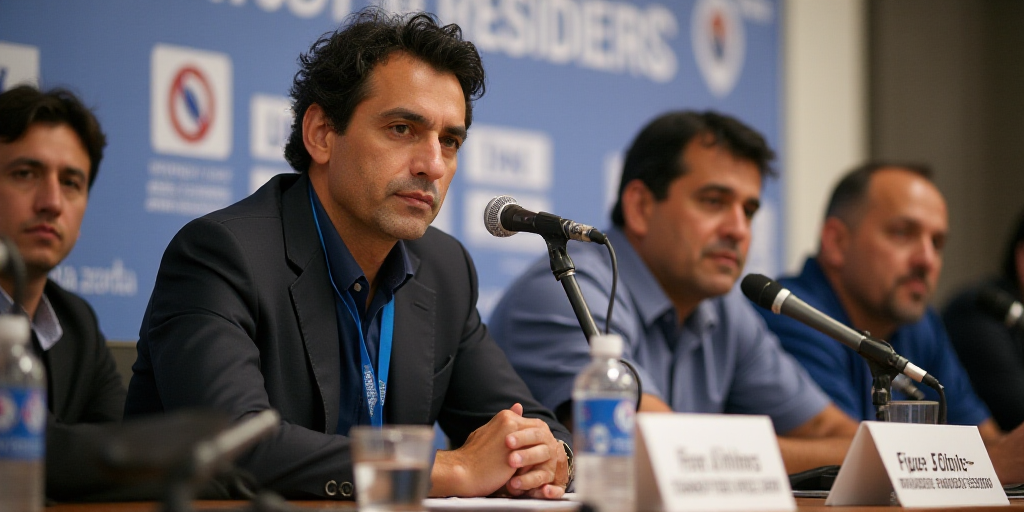Background on the Situation
In the fourth forum for implementing a 40-hour workweek, held in Tijuana, Baja California, a proposal was made to reduce the weekly work hours by four hours in 2026 and another four hours in 2027, ultimately achieving the target of 40 hours. This proposal stems from Claudia Sheinbaum Pardo, Mexico’s President.
Union Leadership and Proposal
Rafael Olivos Hernández, the General Secretary of the National Union of Social Security Workers (SNTSS), expressed strong support for reducing the weekly work hours to 40 without any salary cut. He emphasized that this gradual implementation should not exceed two years.
Relevance to the Healthcare Sector
Olivos Hernández highlighted the importance of this reduction in the healthcare sector, where work hours are often demanding. He stated that such a reduction would help prevent psychosocial risks, improve professional performance, and respect personal and family life.
Ensuring Fairness During Transition
The union leader requested that during this transition, there should be no impact on salaries or labor rights. He also proposed explicit guarantees in legal reform for full salary protection amidst reduced working hours.
Technology and Labor Rights
Olivos Hernández further suggested monitoring the use of new technologies to prevent excessive workloads, job displacements, and ensuring digital disconnection rights. He also advocated for protecting labor rights of those working extraordinary hours.
Support for Small and Medium Enterprises
The union supports economic assistance for micro, small, and medium-sized enterprises through temporary tax incentives, digitalization programs, automation initiatives, and process improvement projects.
Strengthening Labor Institutions
Olivos Hernández called for the Mexican government to bolster its labor institutions, including expanding the operational capacity of the Federal Labor Inspection and continuous training for inspectors to ensure effective oversight.
Employer Perspective
Silvia Dávila, Vice President of the Global Companies Council, aligns with the need to review extra-hour payments and advocates for sectorial flexibility in implementing gradual changes.
Flexible Extra-Hour Policies
Dávila proposed flexible weekly limits and the removal of strict daily hour caps, ensuring proper responsibility and supervision schemes. She also suggested reviewing the current extra-hour calculation and cost structure to contextualize it better.






